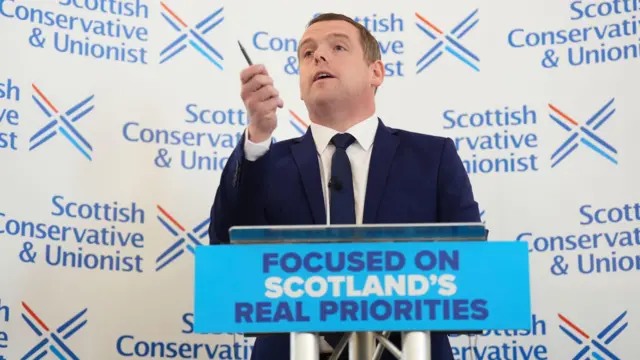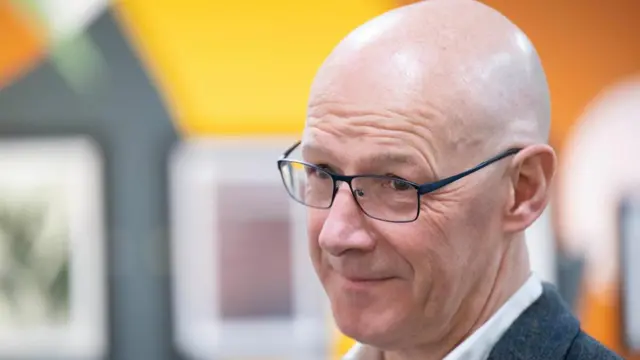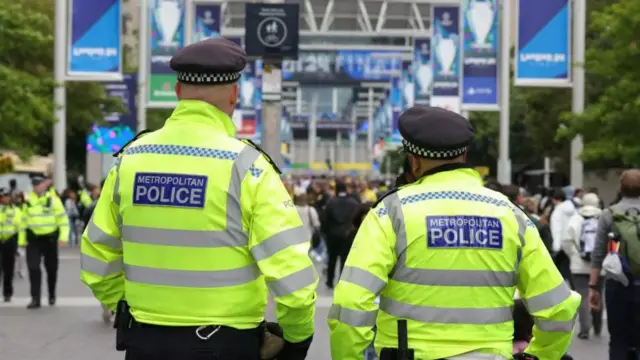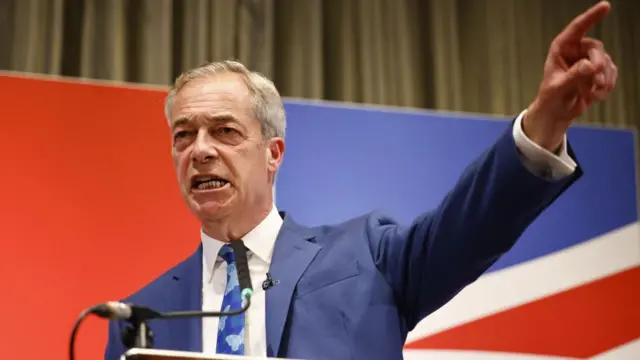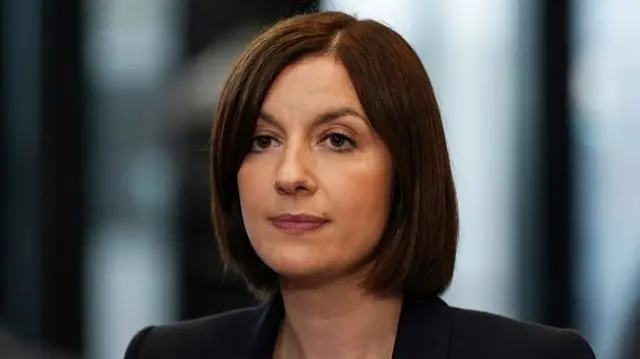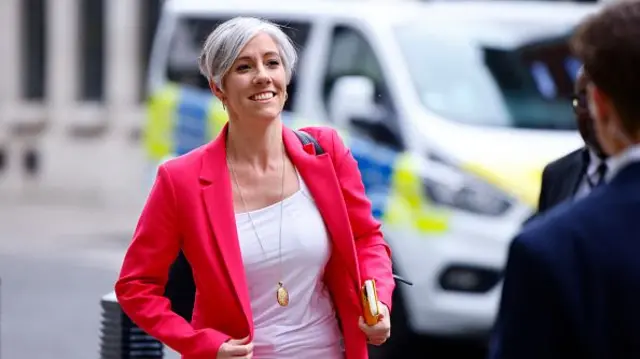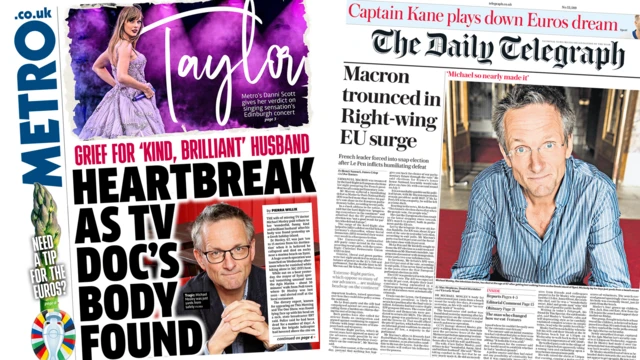The factors behind Douglas Ross's decision to quit as leaderpublished at 09:54 BST 10 June 2024
 David Wallace Lockhart
David Wallace Lockhart
Political correspondent
A Scottish Conservative source said Douglas Ross had come to the realisation Scottish Tory MSPs would not "put up" with him serving as both an MP and an MSP.
They added that the reaction to him announcing plans to stand in place of David Duguid as a candidate for the party in Aberdeenshire North and Moray East was another factor.
As a reminder, Duguid, who is in hospital after becoming ill in April, wrote in a social media post on Friday that reports he is unable to stand due to his health are "simply incorrect".
The surprise move meant the party had effectively decided to de-select Duguid, who had been adopted by local Conservative members.
